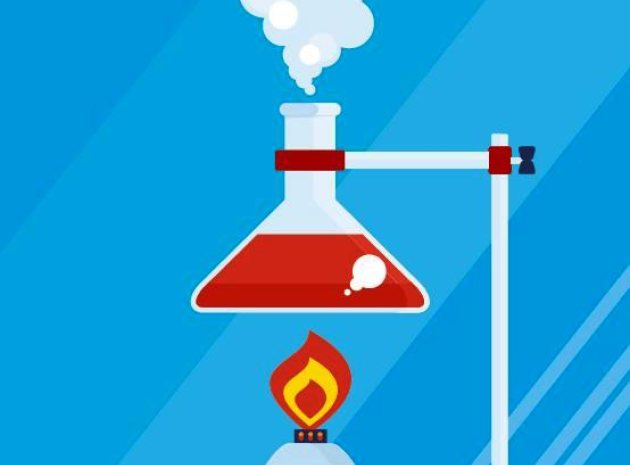Q I am head of the science department at an academy in a coastal area, serving a catchment where an unusually high number of families are facing quite significant challenges. We are very aware of this, of course, and as a school we work incredibly hard to raise aspiration amongst our young people, and open doors for them. We’ve made good progress, I think, in raising confidence around maths and English, but when it comes to science, we are still struggling. By the time they reach Y9, far too many of our students have already decided that science is ‘too hard’, and that they have no chance of succeeding. Given that the content they need to cover during KS4 is indeed pretty complex and demanding, do you have any suggestions for how we can deliver it in a way that inspires, rather than intimidates?
A It sounds like you’ve already got the building blocks you need to move forward. Ofsted’s ‘Maintaining Curiosity’ report noted that schools that made science interesting saw increased achievement. Science is about explaining the world around us and linking science to everyday life makes it more appealing to learners. This can include bringing in STEM ambassadors and speakers and showing students how science is used in different jobs, some of which they might not have thought of (see the statutory guidance from the DfE issued in January 2018). Practical work is a fantastic tool for the science teacher that many other subjects don’t have. Practical work can not only be used to exemplify many scientific concepts that can otherwise seem abstract and inaccessible to students, but also to engage learners. The Gatsby Practical Science report (2017) provides some useful benchmarks for departments to implement meaningful practical work, recommending that 50% of lessons include some aspect of practical work.
Look at how you teach science and make sure that it is accessible to all of your learners. Examine the texts, the worksheets and assessment material you use and check that the reading age is appropriate. It’s hard to avoid the subject-specific vocabulary, so embrace it and help students learn it. Finally, don’t think you have to reinvent the wheel. Buying in quality resources from a publisher will give you text books, worksheets and assessment materials that should meet the needs of every learner. Look out for CPD from your local Science Learning Partnership or subject associations like the ASE, and attend ‘TeachMeets’ to get new ideas from practising teachers.
Q I have been teaching science in a small, urban secondary school for three years now; our results at the end of KS4 are pretty good in terms of 9-1 – but not great if we look at progress. Learners tend to join us at the higher end of KS2 attainment, but this is not reflected in GCSE outcomes, especially for science. Currently, the things we do to improve this include: teaching in mixed ability groups (with additional interventions if required); running STEM clubs targeted at lower achievers; organising science-based trips and visits; and inviting representatives from STEM careers in to speak with students. I wonder, though, if there’s more we could do in terms of actual teaching; do you recommend more regular testing, for example? And should we be looking at ‘interleaving’? All suggestions welcome!
A Interleaving and spaced retrieval practice have become more popular as the research supporting their use is shared in science teaching circles. Many schools are implementing low stakes testing (for example recaps/quizzes at the start of the lesson) but studies have only examined impact on recall and not performance in exams. Whilst it won’t hurt students to recall more science, the GCSE exams also test the application of knowledge to new situations. As well as being able to recall the science (you need to do this before you apply it), teachers should be spending a proportion of every lesson working on application. This year we saw ‘carrotgate’ as students were thrown by seeing an unfamiliar context on the GCSE exam paper. We can’t teach every possible context but we can prepare student to look for the science they do know in situations they don’t! It goes without saying that it is important to teach students to analyse and evaluate as well.
Regular testing (for example integrated tests within the Oxford University Press Kerboodle package) can help with results if the tests are used formatively to inform next steps and revision, rather than just to report attainment for school data drops and tracking systems. Look carefully also at how you teach maths within science (it accounts for 20% of the combined GCSE rising to 30% in GCSE physics) and make sure you have read guidance from the ASE on the Language of Mathematics in Science. Agree a common approach with maths, and harmonise schemes of work so that science departments don’t have to teach new concepts before they’ve been taught by the experts in maths lessons.
Ask the expert
Rob Butler was a special school science teacher for twenty years, with the last six as a deputy head. He’s worked with mainstream schools as a former AST and sits on the ASE’s 11-19 committee. Rob has written ELC/1-3 materials for Oxford’s Kerboodle package and is currently writing a workbook for students working towards grades 3 and below. Details on the resources can be found at www.oxfordsecondary.co.uk/aqagcsescience.









